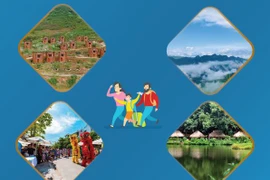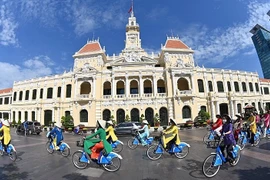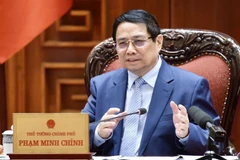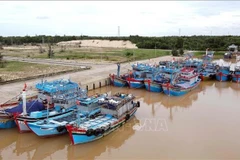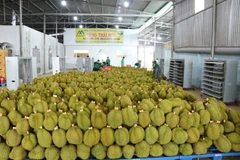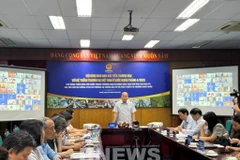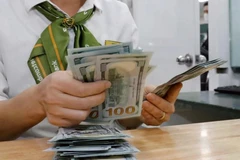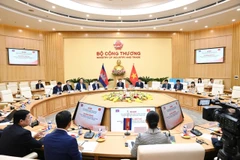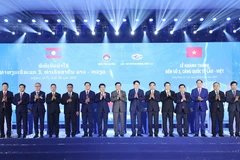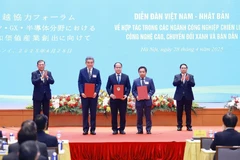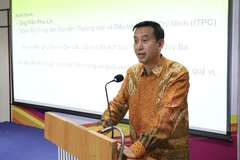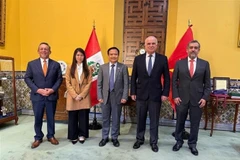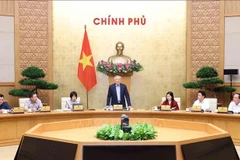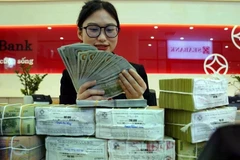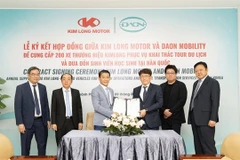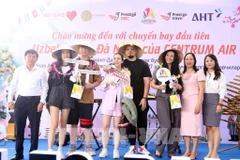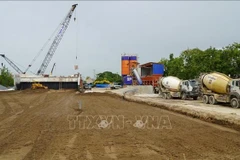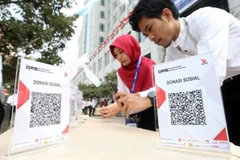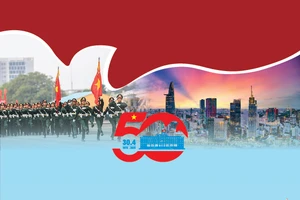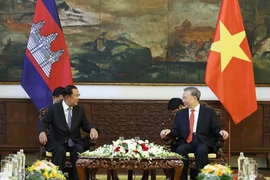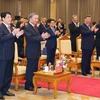In2019, before the pandemic broke out, Vietnam had more than 2.5 million workersin the industry, including 750,000 working directly.
Hard hitby the pandemic, international tourism came to a halt while the domestic market wasalso affected in 2020, forcing travel companies to cut down 70 - 80% of theirstaff.
In2021, the number of those working full time accounted for just 25% of the 2020figure, workers quitting their jobs or having labour contracts terminated earlyabout 30%, and those suffering temporary furloughs 35%.
Therefore,since the industry was fully opened on March 15 last year, tourism businesseshave encountered staff shortages.
Dautu (Vietnam Investment Review) cited Cao Thi Ngoc Lan, Standing Vice Chairwomanof the Vietnam Tourism Association, as saying that the country is facing a heavy labour shortage, especially during major holidays.
Shealso pointed out a serious deficiency of highly skilled personnel, particularlyfor high-level management positions. Besides, the manpower imbalance amongregions is also a problem, leading to low service quality in some areas withstrong growth in the tourist number.
Thisindustry needs about 485,000 workers for accommodation facilities at present. Meanwhile,Vietnam is expected to record positive tourism growth during 2022 - 2030 when itwill need to add about 60,000 labourers to the sector annually, Lan added.
TheVietnam National Administration of Tourism said vocational schools and tourismcolleges are able to supply just 15,000 workers for the sector each year, andthat manpower training hasn’t meet demand in reality.
NguyenTien Dat, co-founder of the Prato tourism training centre, held that the existingmanpower is still weak at vocational, foreign language, and communicationskills, so it is necessary to strongly engage state agencies, schools, andbusinesses in promoting manpower quality.
Assoc.Prof. and Dr Pham Hong Long, Dean of the tourism faculty at the Hanoi-based Universityof Social Sciences and Humanities, suggested tourism training courses be internationalised,which will be a trend that many domestic training establishments will follow inthe time ahead./.

